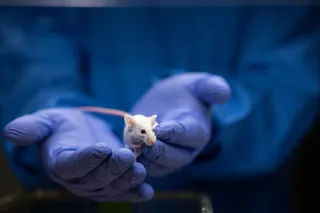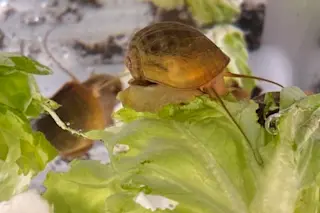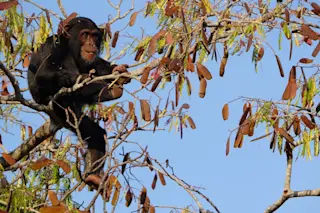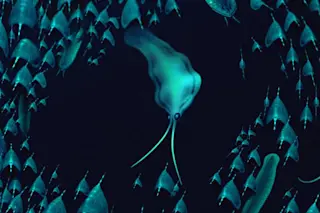
Photo: USFWS Many of us are fascinated by insects. They creep, they crawl, they fly, and they're everywhere! Good thing, because we need them. Here are six insect projects youcando in your backyard, your neighborhood, at school (or in Costa Rica!). Check out the SciStarter blog for updates on your favorite projects and find new projects in our Project Finder! Cheers!
The SciStarter Team
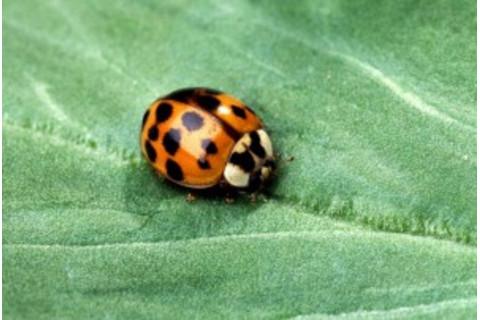
Photo: USDA
Spot a Ladybug
The Harlequin ladybug, also known as the Asian lady beetle (Harmonia axyridis) is found throughout the world. When you see one of these tiny insects, report it online to help study the variation in the number of spots.

Photo: Nancy Lowe
Mothing
Have you ever watched moths flitting around your porch light at night? With Mothing, youcando more than just watch; youcan take pictures and help identify moths from around the world. The project also offers teaching materials for educators.
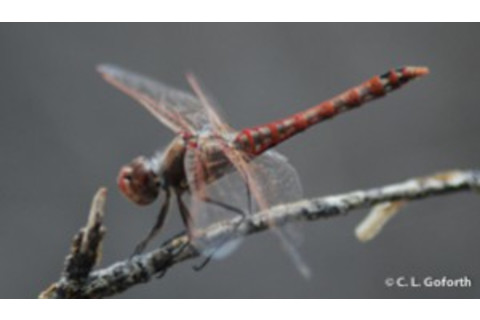
Photo: CL Goforth
Dragonfly Swarm Project
If you're lucky enough to see a swarm of dragonflies, it's definitely an experience you'll want to share with others. By reporting information on the size, location, and behavior of dragonfly swarms you see, youcancontribute to our understanding of these beautiful insects. Get Started!
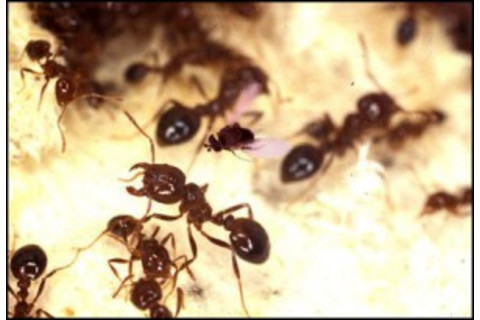
Photo: USDA
School of Ants
Scientists want to know what kinds of ants live in urban settings, and they need your help to do it! Make your own ant collecting kit and mail in the ants you find to be identified. You might even discover an entirely new species! Get Started!
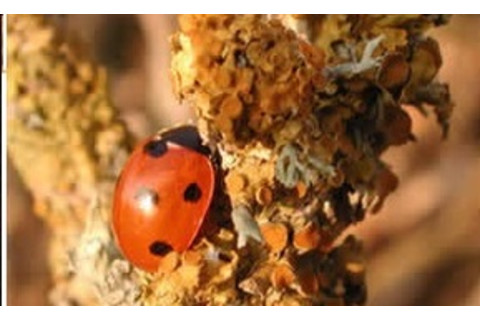
Photo: CL Purvis
UK Ladybird Survey
In the US, they're called ladybugs or lady beetles, but in the UK, they're ladybirds. Help researchers track native and invasive ladybirds in the United Kingdom. Submit observations online.
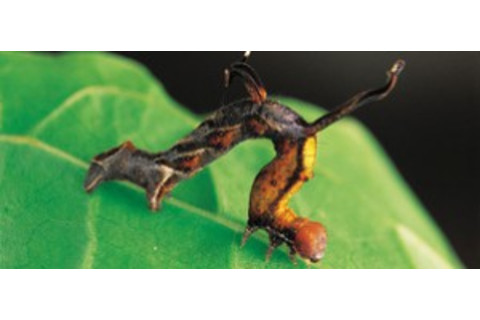
Photo: Earth Watch
Climate Change and Caterpillars
If you've been saving up for a vacation, consider putting that hard-earned money towards a trip to Costa Rica, where your help is needed to share observations about caterpillars and their parasitoids. The data you collect will be used to study how climate change is affecting biodiversity in the tropics.
Don't miss the monthly #CitSciChat on Twitter: the last Wednesday of the month at 3-4pm ET, moderated by Caren Cooper @CoopSciScoop and presented by @SciStarter. Contact the SciStarter Team Email: info@scistarter.com Website: http://scistarter.com







